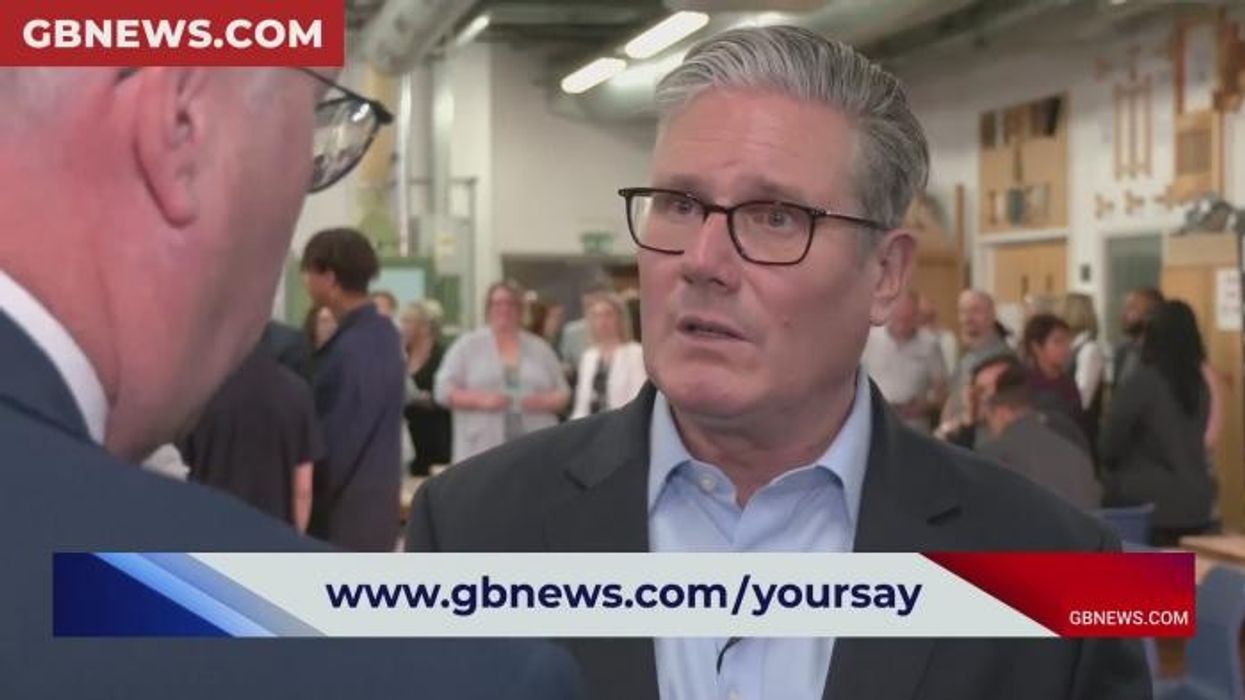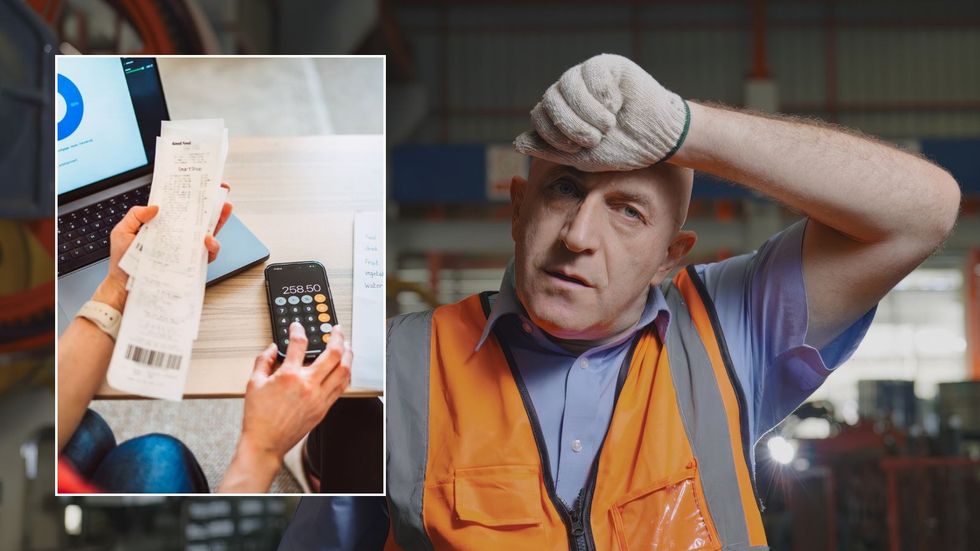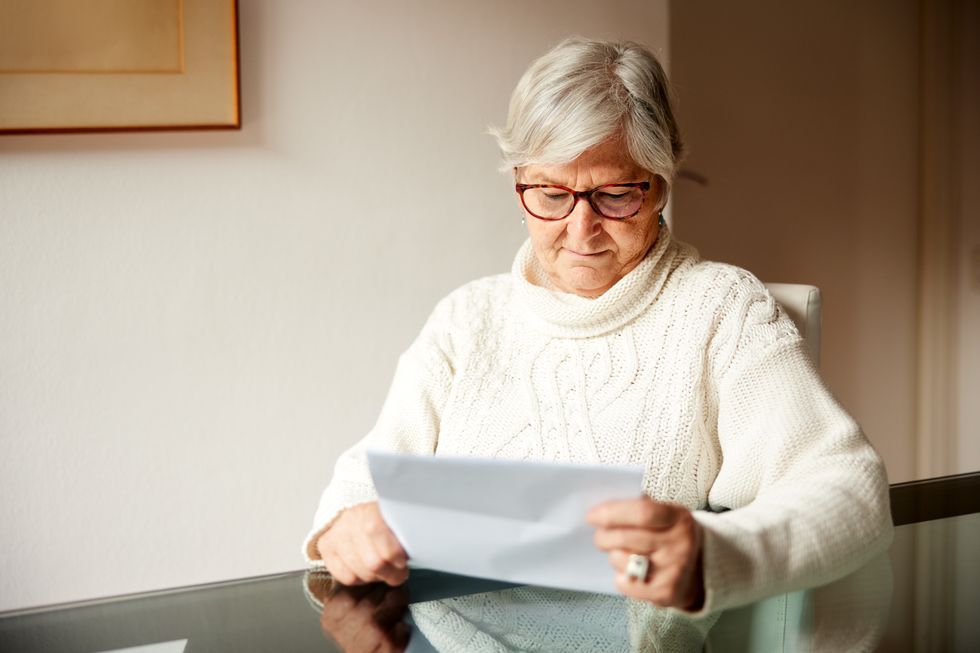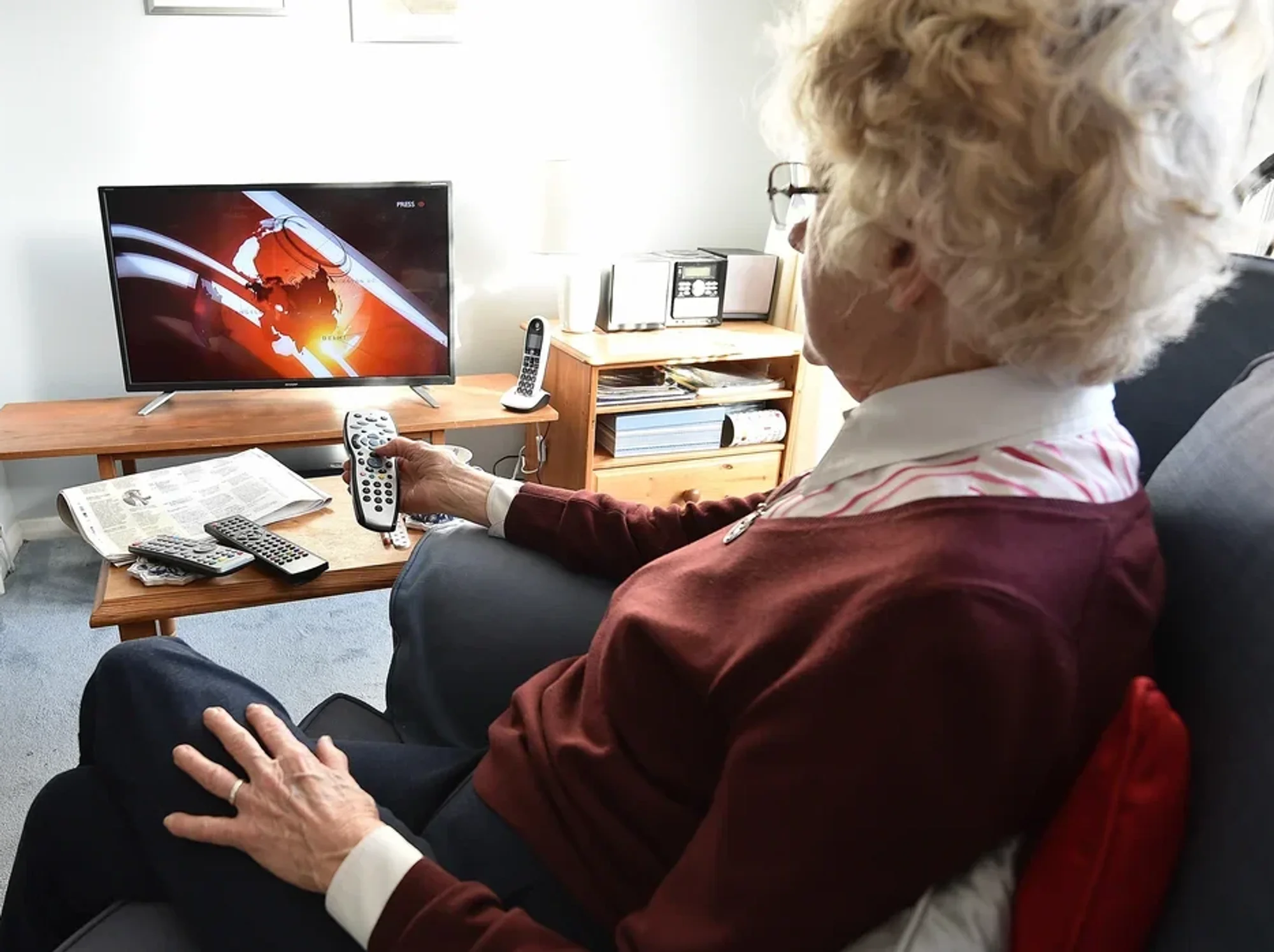Pension 'struggle' looms as British workers face £165k 'singles tax' ahead of retirement

Keir Starmer quizzed by Christopher Hope on whether pensioners will receive an apology for his winter fuel allowance cuts. |
GB NEWS

Analysts are sounding the alarm over the the 'singles tax' being slapped on workers which could impact their retirement savings
Don't Miss
Most Read
Latest
Single workers are sleeping walking into a pensions crisis due to needing to set aside £290 every month from the age of 22 to secure a moderate standard of living in retirement, analysts claim.
This monthly contribution is nearly double what those in couples must save to achieve the same lifestyle, research from interactive investor found.
The stark disparity in retirement planning requirements means single people must accumulate a pension pot worth £330,000, while couples need only half that amount at £165,000 each.
These figures are based on the latest Pension and Lifetime Savings Association Retirement Living Standards (PLSA), which determined the minimum, moderate and comfortable standards.

Single workers need to set aside more to in savings to secure a moderate retirement lifestyle
|GETTY
To achieve comparable retirement security, a single person would theoretically need to begin their pension savings 16 years earlier than someone in a couple.
Those beginning their pension contributions at 22 must commit £290 monthly, whilst couples starting at the same age need only contribute £145 each to their retirement funds.
Single people who begin at 38 must increase their monthly contributions to £585 to achieve the same moderate retirement standard. In contrast, couples starting at this later age need to save £290 monthly between them.
Beyond the pension pot requirements, single pensioners encounter substantially higher living expenses throughout retirement. Annual costs for single retirees exceed those of couples by £9,517, creating an additional layer of financial pressure.
Do you have a money story you’d like to share? Get in touch by emailing money@gbnews.uk.

Older couples are not being slapped with a "singles tax" when approaching retirement
| GETTYHousing represents the most significant expense differential. Single pensioners typically spend £12,984 annually on accommodation, whilst couples pay £7,320, reflecting the minimal cost difference between one-bedroom and two-bedroom properties.
Food expenses also weigh more heavily on single retirees, who spend £2,267 yearly compared to £2,051 for couples.
Council tax adds another burden, with single occupants paying £1,710 annually despite the 25 per cent single person discount, while couples pay £1,140.
Utility bills compound these challenges, costing single pensioners £1,260 per year versus £868.50 for couples, an additional £392 in annual expenses.
When it comes to holiday and hotel costs, single pensioners spend £1,400 annually on holidays compared to £749 for couples, a difference of £651.
Hotel accommodation adds further expense, with single travellers paying £600 yearly whilst couples spend £300, based on five-night stays at £120 per night.
LATEST DEVELOPMENTS:

Single retirees face greater cost of living costs
| GETTYChildcare responsibilities also impact single pensioners disproportionately. Those supporting grandchildren face part-time nursery fees of £3,450 annually for a two-year-old, compared to £1,725 for couples who can share this burden.
This £1,725 difference represents yet another area where single people encounter doubled costs. Camilla Esmund, a senior manager at interactive investor, acknowledges the financial strain on single savers.
"It's no secret that being single can be more expensive, and building wealth as a single person can feel like an uphill struggle because your everyday costs tend to be higher," she said.
She highlights the challenging paradox facing single people: "Despite needing to save more, single people often have lower disposal income due to additional costs - it's a really tricky balancing act.
"The good news, however is that even small, but regular, contributions can make a huge impact over time, thanks to the magic of compounding. The key, though, is to start as early as you can."
More From GB News










